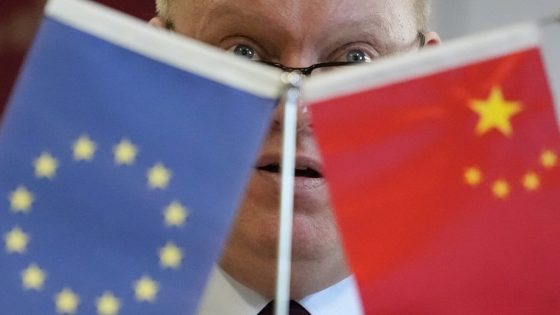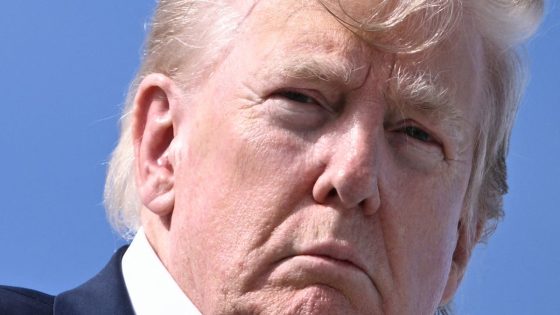The European Union is at a crossroads as it reassesses its relationship with the united states amid rising tensions. The prospect of Donald Trump’s second administration, with its aggressive tariff strategies and overtures to Moscow, has prompted EU leaders to seek greater autonomy. As of 2025-06-26 16:33:00, this shift could redefine global alliances.
- EU seeks reduced reliance on the U.S.
- China aims to divide Western alliances.
- EU-China trade valued at €2.3 billion daily.
- Concerns over human rights and espionage persist.
- U.S. warns against closer EU-China ties.
- Strategic autonomy is a priority for Europe.
China is keenly observing these developments, sensing an opportunity to deepen ties with Europe. The EU, which has historically aligned with Washington on trade and sanctions against China, now faces the challenge of balancing its interests amid a potential trade war with the U.S.
As the EU navigates its complex relationship with China, key questions arise: Can Europe maintain its strategic autonomy while engaging with a nation often criticized for human rights violations? Will the upcoming summit yield a new consensus or merely highlight existing tensions?
- China is the EU’s second-largest trading partner.
- Europe faces a significant trade deficit with China, estimated at 300 billion euros.
- U.S. tariffs could further complicate EU-China relations.
- Analysts suggest a need for the EU to assert its own interests.
Looking ahead, the EU must strategically position itself to foster independent relations with China while balancing its commitments to the U.S. Will Europe succeed in crafting a policy that reflects its own interests?

































